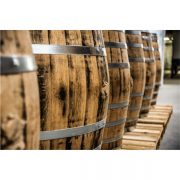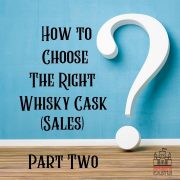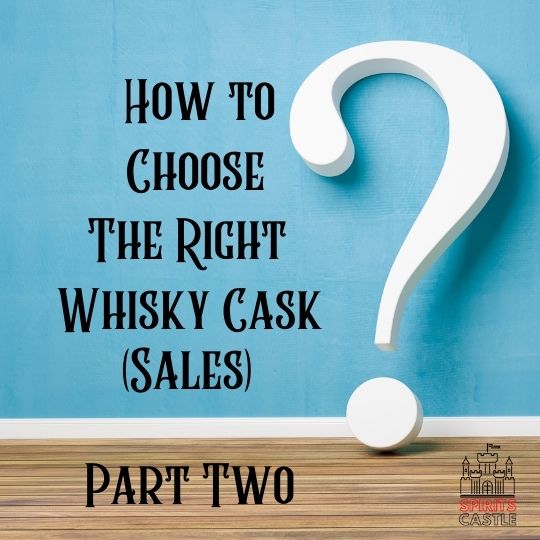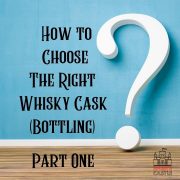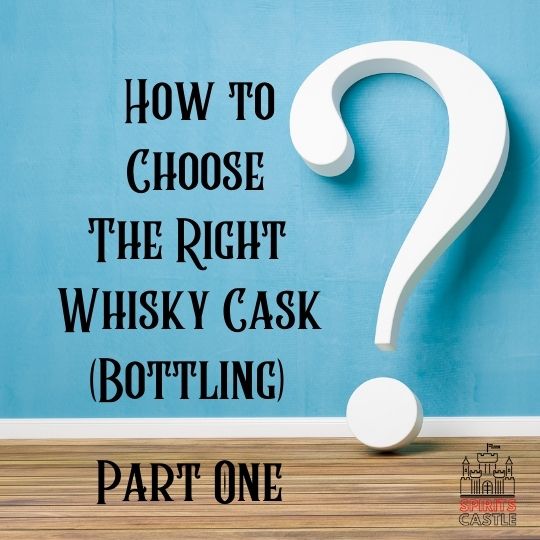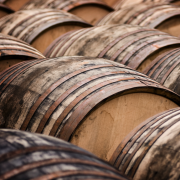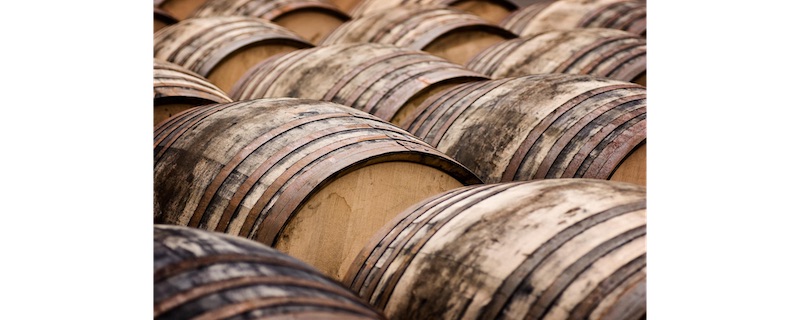Whisky Cask Investment – What You Need To Know
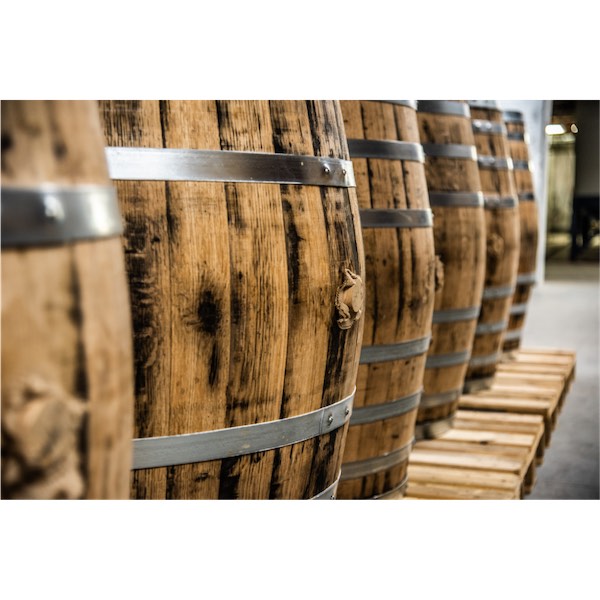
Personal investment in Scotch whisky cask is not for everyone. It satisfies unique investment needs for individuals looking for alternatives. Cask investment also requires more research than the regular stocks and property markets. For individuals keen on whisky casks investment, there are key points that they should be aware of.
Scotch Whisky Association (SWA) published a note about investing in Scotch Whisky casks in June 2020, sharing various pointers on what investors should know. We decided to summarise the points here for our readers.
The Scotch Whisky Market
Scotch whisky exports rose drastically through the last 10 years, and currently, stands in excess of £4.9 billion. While we may be familiar with single malts or even single cask whiskies, most of these exports are blended Scotch whiskies. The export of blended whisky created the whisky cask market. Blenders sought contracts with various distilleries in Scotland to buy whisky in advance for their blends. Whisky casks are, therefore, mostly traded within the industry. Sometimes, distillers and blenders even trade casks without having money changing hands.
However, some distilleries, especially the younger ones, also sell whisky casks to individuals and Scotch whisky brokers. Most distilleries would have, in the contract, basic requirements on a buy-back scheme or bottling scheme. Other companies work with Scotch whisky brokers like us. They sell casks to brokers who then either sell the casks onwards or bottle the whisky as independent bottlers. Individuals and other companies can buy casks from brokers for bottling or investment purposes.
Key Areas To Look At Before Buying A Cask
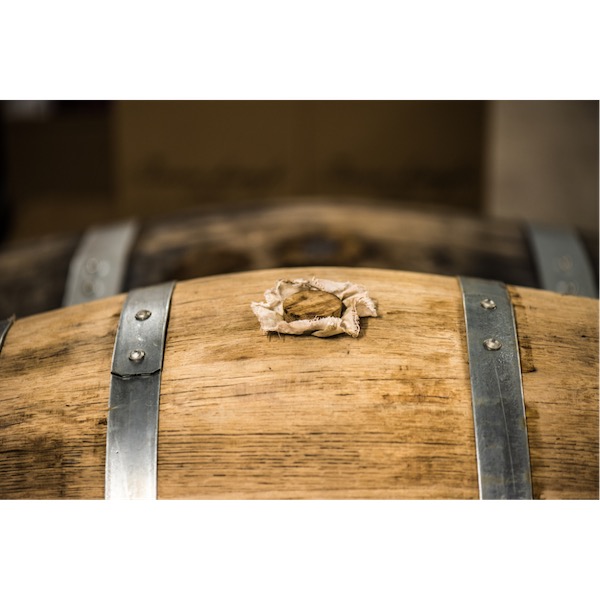
There are various key areas that you should look at when considering the various whisky casks brokers. Below are eight points which you should be aware of before committing your money to a whisky cask.
Indications of Likely Returns
Most whisky brokers will not tell you a definite figure of likely returns because investing in whiskies is similar to other commodities. The value of a cask rise and fall as a result of supply and demand. When potential investors ask about likely returns, experienced whisky brokers can share a value, but will always add the disclaimer that it is not definite as nobody knows for sure, how the market will be in 10 years time.
Ask The Right Questions
Buying and owning a cask of whisky is not hard, but potential investors must be careful to ask the right questions. How much is the warehousing fees? Is there insurance for your cask? How much does the broker charge to measure (re-gauge) the contents of your casks? What are the fees for moving the cask under bond from one warehouse to another? What is their commission structure? These are but, some questions that a potential buyer should ask.
Know Your Whisky
A practical key point is to know your whisky. A potential buyer of a whisky cask must know the difference between a Scotch Malt Whisky and a Scotch Grain Whisky. The information on the cask list should have the name of the distillery (where the whisky is produced), the year of distillation, the alcohol percentage and the litres of alcohol in the cask. It should also, ideally, let you know if the cask is re-gauged previously. When you purchase a cask, the seller must tell you the cask number too. The same information must also be in the contract and the cask ownership certificate. You can read more about how to choose a whisky cask here.
Available Whisky Cask Services
As a potential investor, you also want to know if the broker that you are working with is able to help you make changes to the whisky that you bought. For example, if you buy a bourbon cask of whisky and wish to turn the whisky into a sherry bomb, can the broker help you to re-rack into a first-fill sherry cask? The information is crucial because you may become stuck with an underperforming cask without the means to change it. It could potentially lead to a downplay of the cask’s actual value if you do not have the means to change the cask before selling.
Limitations of Cask Disposal
It is crucial for a potential buyer to know how you can sell the cask in future. Some sellers, especially distilleries, only allow the whisky cask to be bottled for personal purposes. Hence, if you are not planning on bottling any whisky cask, you need to ask if there are any limitations of cask disposal.
Restrictions on the name of the distillery
As more and more independent bottlers and private owners come onboard the whisky industry, some distilleries are restricting the use of their names on private bottles. Therefore, if you are planning on bottling the whisky, check if there is a contractual limitation on the use of the name. For example, many Clynelish casks are not allowed to use the name of the distillery. The same apply to Highland Park and Macallan distillery. One easy way to know is to look at the name of the distillery in the cask list. If it is not listed as the name of the distillery, you can’t use the distillery name. A good example would be Macallan distillery. Most of the independent bottling of Macallan casks are labelled as Speyside Single Malt, or Highland Single Malt.
Cost of Bottling
Equally important is the cost of bottling the whisky if you are keen to do that. Find out in advance the cost of bottling so that you know what you need to pay further down the line. It is also wise to check the timeline for bottling so that you know how early to trigger the bottling discussion when the cask is ready.
A potential bottler should also check if the broker is willing to help you source for a freight forwarder that can ship your bottles of whisky to your destination in future. Otherwise, there could be potential issues in transportation after bottling your whiskies.
Contract and Cask Ownership Certificate
Finally, the biggest pointer for a potential buyer is to know if you will be given a contract and a cask ownership certificate. If the answer is no, you can look for another broker. It is crucial to have both so that you know that your cask investment is well taken care of. The ownership certificate also clearly states that the cask is yours. Without both documents, you cannot prove that you are the owner of the cask.
Conclusion
Always choose a reputable Scotch whisky broker who can help you with everything that you need. Be wary of those who promise a guaranteed return on your investments. Finally, do your homework. If you know what you are buying, you make it harder for others to cheat you.

